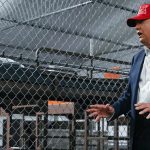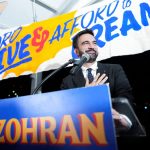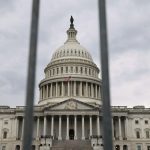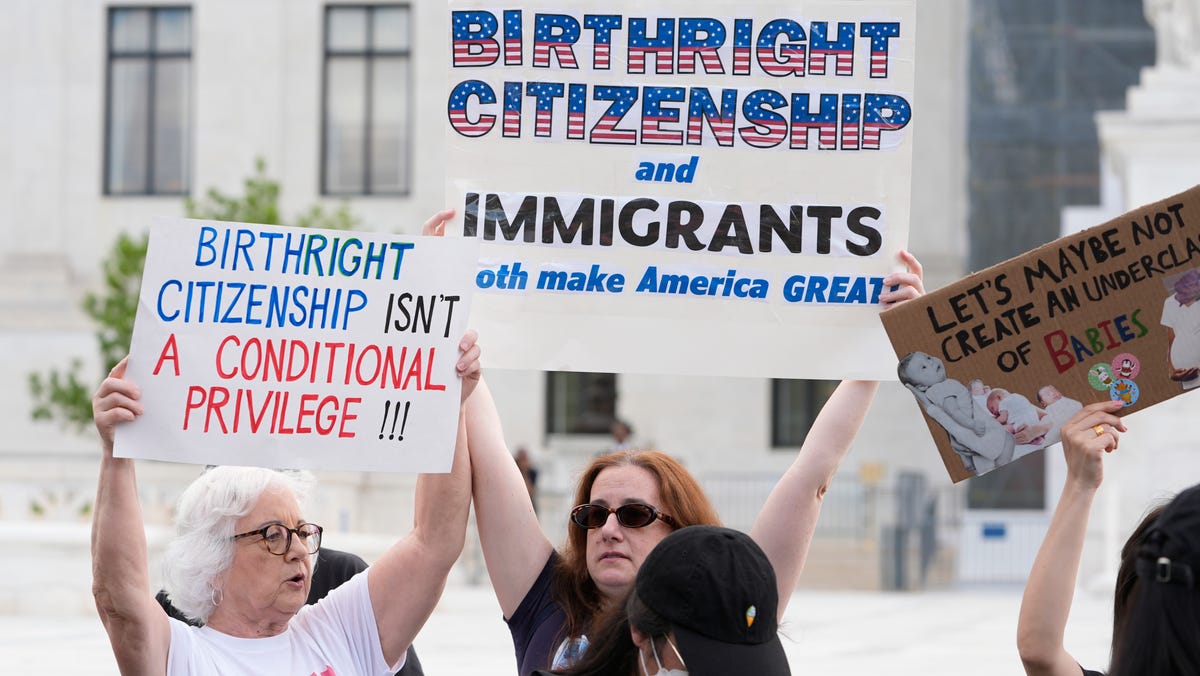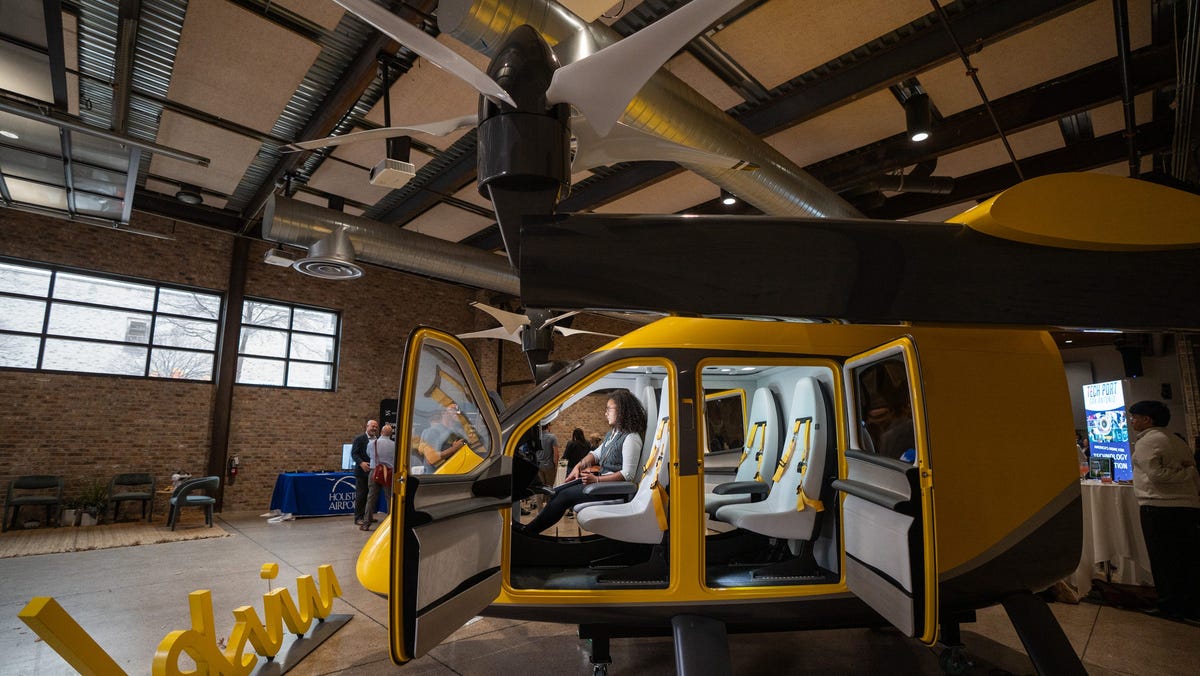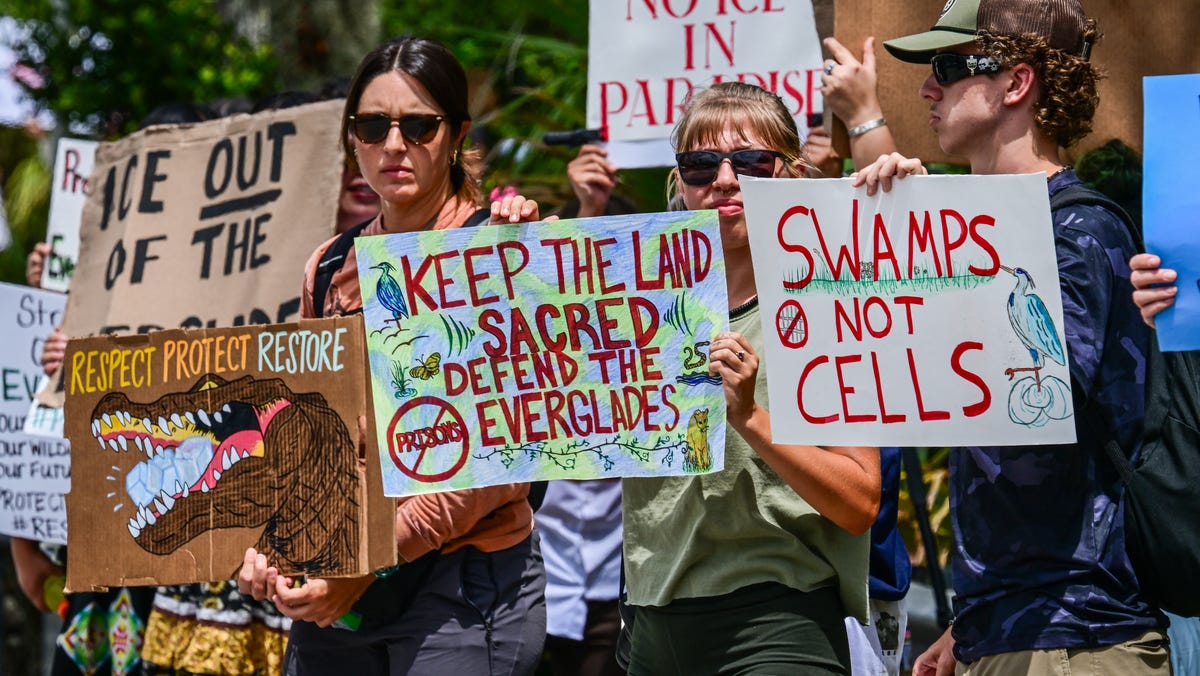Trump’s executive order reflects growing hostility toward all immigrants, regardless of how they arrived. The national rhetoric has grown more cynical and suspicious to all foreigners.
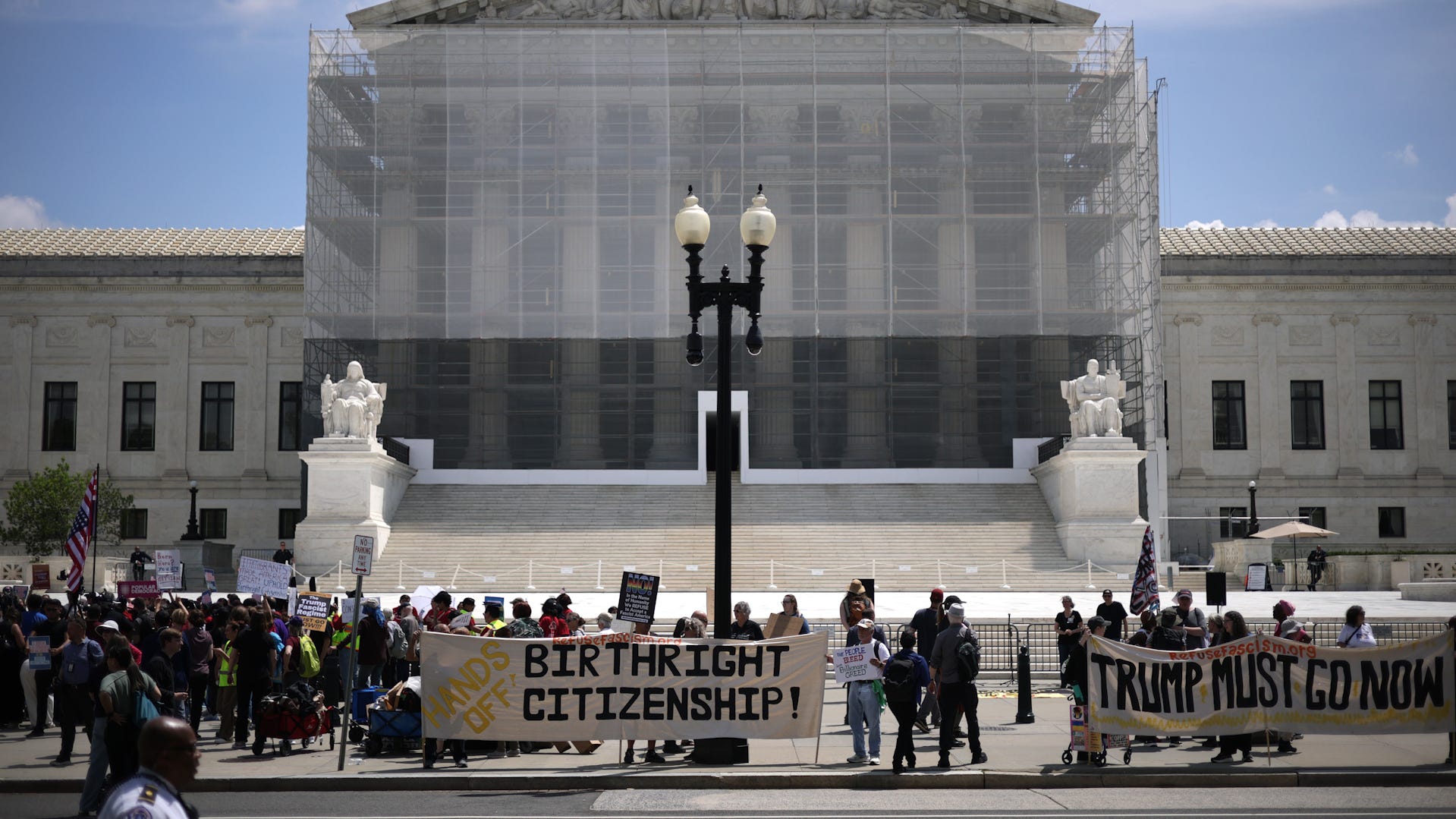
Supreme Court lifts blocks against Trump birthright citizenship order
A 6-3 Supreme Court decision lifts blocks against President Trump’s order to deny citizenship to babies of undocumented immigrants and visa holders.
“Welcome home.”
That’s what a border protection agent said to me after a recent vacation. His words struck a chord with me because he acknowledged that the United States was my home. The irony of the situation being that I am not a U.S. citizen, I am an immigrant.
As an immigrant, I often wonder whether I’m truly accepted in the country where I’ve spent the past 21 years of my life.
Now the decision by the Supreme Court on President Donald Trump’s birthright citizenship executive order makes me question that even more. Trump ordered an end to automatic citizenship for those born here ‒ unless at least one of the child’s parents is a U.S. citizen or legal permanent resident.
And while the court’s June 27 ruling didn’t deal with the birthright citizenship question directly, their 6-3 decision lifted a temporary block on the president’s unjust order – allowing it to partially go into effect in 30 days.
That order was the latest attempt to alienate immigrants and erase the immigrant history that built this nation. It undermines the idea that any immigrant, legal or not, can ever truly belong in America.
When I immigrated to this country as a child, I was once welcomed with open arms and integrated into the culture. However, for years, it’s felt like my country has been slowly closing its doors to immigrants like me. While attacks on undocumented immigrants have often dominated the headlines, legal immigrants have been quietly targeted as well through backlogs, unnecessary barriers and, more recently, executive actions.
Aging out of legal immigration visa
My family immigrated to the United States when I was 5 years old on the H-1B visa. My father was invited to work here because of his skills in IT, and we eventually settled in Pittsburgh.
Like many immigrant families, we built a life here. I went to school, made friends and followed the typical American path. That path eventually led me to Pennsylvania State University, where I earned a bachelor’s degree in mechanical engineering.
But on my 21st birthday, I aged out of my parents’ immigration status because as far as immigration rules were concerned, I wasn’t a child anymore. In a cruel twist of fate, four months later my parents received their green cards. That small gap meant they would become permanent residents, while I was forced to start over from the back of a broken immigration system.
I first realized that I was different from my friends in high school when I wasn’t allowed to get a job and help support my family. In college, this realization became even more apparent when I had to switch to an F-1 student visa and had to legally prove that my “home” address was in India, not in Pittsburgh where I lived with my family.
Once I graduated and wanted to enter the workforce, I was denied most job opportunities ‒ not because I am unqualified, but because companies could not or would not sponsor immigrants. Every piece of paperwork I filed had to be absolutely perfect. Something as minor as a technical error on the immigration forms could have, and once nearly did, jeopardize my entire immigration status.
Because of that four-month gap, I will continue to be treated as a visitor in the only country I have ever known and called home.
Growing hostility toward immigrants
I share this to make a simple but important point: Despite what the headlines might suggest, legal immigration is anything but easy.
When the Biden administration announced in 2024 protections for Dreamers who as kids were brought to the United States illegally, I questioned the omission of children like me who continue to be left behind.
Trump’s executive order reinforces this message of exclusion by taking it even further and signaling that none of us belong here.
Although the executive order does not apply directly to me, because I was born in India, it could have changed everything for my younger brother, who was born in Detroit. If this executive order had been in effect when he was born, he would not have been granted citizenship and he would be just like me, stuck in limbo and questioning his sense of acceptance.
The executive order reflects the growing hostility toward all immigrants, regardless of how they arrived. Over the past decade, the national rhetoric has grown more cynical and suspicious of all foreigners. Immigrants are increasingly portrayed as threats, as job takers and outsiders, even when we are contributing to industries America depends on or are the only ones willing or capable of performing a job.
I do not expect a shortcut. I do not expect special treatment. But I do expect the country that I love to treat me and people like my brother as if we belong here.
Because this country was founded by immigrants, and her promise should still include all of us.
Tanay Raje graduated from Pennsylvania State University in 2021 with a bachelor’s degree in mechanical engineering. He is now working as an engineer at a sterile pharmaceutical company in Philadelphia. Tanay is also a member of Improve the Dream, one of the more than 250,000 children of long-term visa holders, raised and educated in America.

